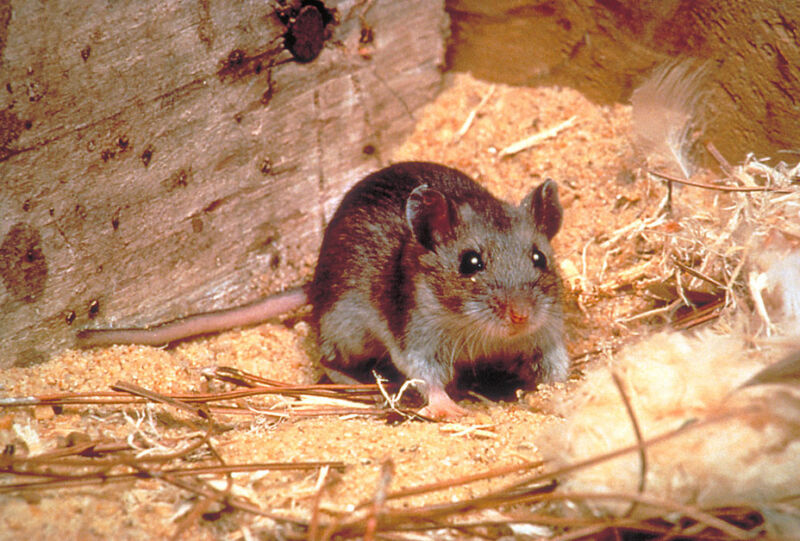
Enlarge / Could we vaccinate these guys to save us from disease? (credit: CDC.gov)
Viruses like Ebola and the original SARS have highlighted the risks that emerging diseases pose to our modern, highly connected society. While the standard approach of isolating the infected and limiting the spread of the disease worked in those cases, it works slowly enough to make many people nervous. But the global spread of Zika and SARS-CoV-2 shows that these approaches have their limits, leaving us at risk.
Is there anything else we could do? A perspective by Scott Nuismer and James Bull of the University of Idaho suggests we now have the tools to go on the offensive against viruses before they transfer to humans. The proposal: treat animal hosts of threatening viruses with virus-based vaccines that can spread through wild populations. While there are a lot of details to work out here, the article lays out how we might determine if this could be a viable approach.
Threats and their hosts
There are a huge number of hosts that share virus with our species. These range from familiar threats, like the mammals that carry the rabies virus, to our agricultural species that have spanned flu pandemics, as well as newly emerging dangers, such as hantaviruses and coronaviruses, carried by mice and a variety of species, respectively. While there's no real pattern to the species that transfer viruses to humans, there have been successful efforts to identify the hosts from which viruses originated. Nuismer and Bull highlight the PREDICT program, run by the US Agency for International Development, which identified nearly 1,000 previously uncharacterized viruses before the Trump administration terminated it in March.
No comments:
Post a Comment